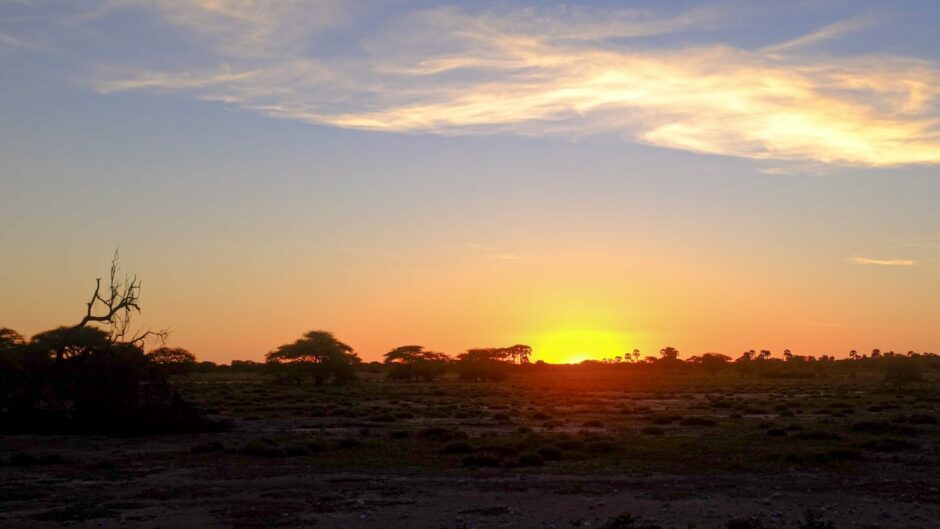
The war of words between Reconnaissance Energy Africa (TSX-V: RECO) and various environmental critics shows no signs of abating as the company nears a return to drilling.
ReconAfrica drilled two wells in 2021, declaring that it had found a working petroleum system. Since then, it has shot more seismic. The company’s Grayson Andersen said drilling is due to start in the “very near term”.
Just as in the first campaign, though, the company is facing opposition from environmentalists, not least over its containment pond strategy.
“They did not line the containment ponds and those are highly permeable,” a geologist at the Green Connection, Jan Arkert, said. “The liquids have permeated into the shallow ground water. We are hugely concerned about an extension to the work that they’re doing.”
Arkert went on to say the potable ground water reserves are only 10 to 50 metres below the surface. “That water is very restricted and susceptible to pollution, the Kalahari sands are extremely permeable. Any spill will go into that water,” he continued.
The geologist predicted that it would take five to 20 years for the impact to become clear. ReconAfrica “doesn’t understand the hydrogeology and they’ve made no effort to understand it.”
Local pressures
The local Owambo population is reliant on these water sources for subsistence farming, he continued. “They are totally beholden to the groundwater. The company cannot just carry on willy-nilly. That’s my primary concern.”
ReconAfrica has become increasingly aware of public scrutiny, Arkert said. Despite this, he remains sceptical of the company.
“Monitor Energy is also working on exploration in Kavango West. They’re played a lot more open cards and not generated the mistrust that ReconAfrica has. We want them to let us know what they’re doing, be responsible, address the objections,” the Green Connection official said.
“There will always be issues but they need to show mitigation issues will be adequate. I would go so far as to say they’ve lied to us and that makes us suspicious.”
Clay lined
ReconAfrica’s Andersen defended the company’s record. “We line the ponds with bentonite clay-gel,” he said. “This is much more environmentally friendly than a plastic-based liner, which would awlays have some leakage issues.”
The clay is so safe, he continued, that the company has grown a test patch of vegetables on the first well site.
How safe is bentonite? “100%”, Andersen said. “The more water in the pit the safer it becomes. It’s used to seal globally, it’s not special, it’s not magic. It’s the most amazing thing that environmentalists are against it.”
The company carried out its environmental impact assessment (EIA) in 2018-19. The current process is an extension to the existing approval, with Andersen comparing this to the one-year extension Namibia granted ReconAfrica for COVID-19.
“We’re under continual agency supervision. We have drilled two wells without incident. There are multiple government agencies involved.”
The ReconAfrica official went on to find issue with the company’s critics.
“We have approval to drill eight wells. Only people who can comment would be the people who had original comments [in 2018-19]. They weren’t that bothered back then. Maybe they didn’t have the funding.”
